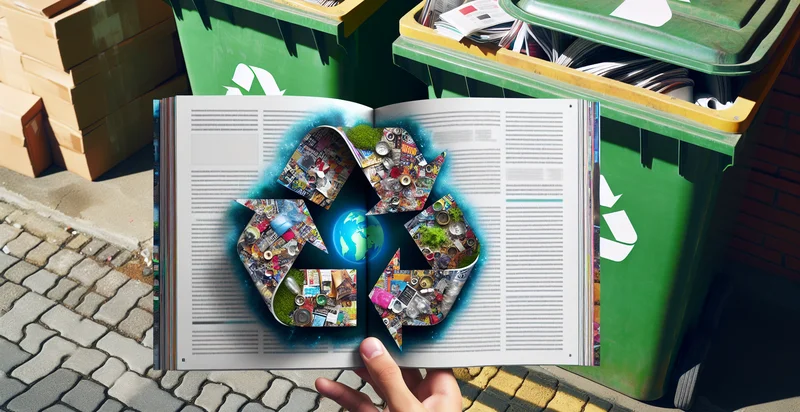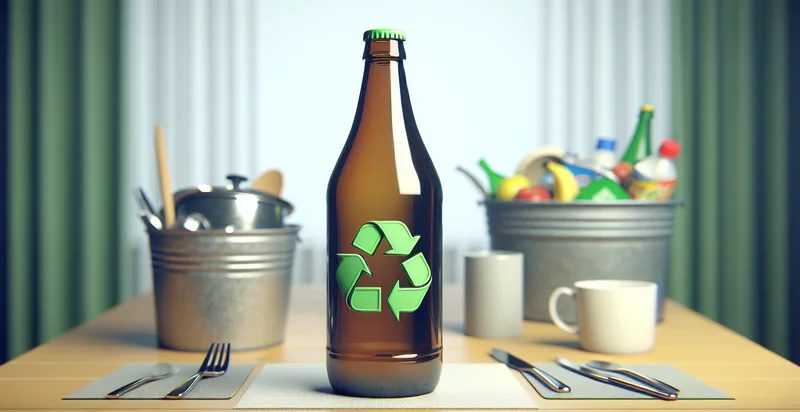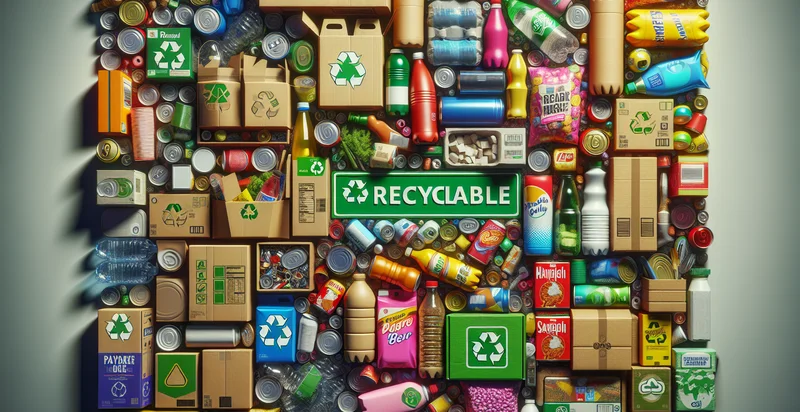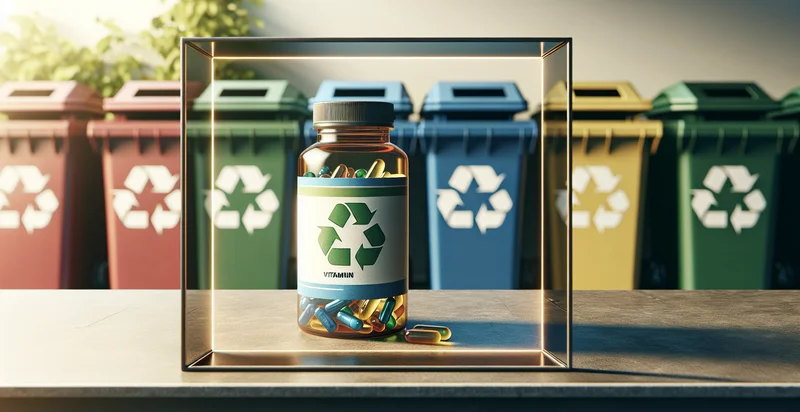Identify if your magazine is recyclable
using AI
Below is a free classifier to identify if your magazine is recyclable. Just upload your image, and our AI will predict if your magazine is recyclable - in just seconds.

Contact us for API access
Or, use Nyckel to build highly-accurate custom classifiers in just minutes. No PhD required.
Get started
import nyckel
credentials = nyckel.Credentials("YOUR_CLIENT_ID", "YOUR_CLIENT_SECRET")
nyckel.invoke("if-your-magazine-is-recyclable", "your_image_url", credentials)
fetch('https://www.nyckel.com/v1/functions/if-your-magazine-is-recyclable/invoke', {
method: 'POST',
headers: {
'Authorization': 'Bearer ' + 'YOUR_BEARER_TOKEN',
'Content-Type': 'application/json',
},
body: JSON.stringify(
{"data": "your_image_url"}
)
})
.then(response => response.json())
.then(data => console.log(data));
curl -X POST \
-H "Content-Type: application/json" \
-H "Authorization: Bearer YOUR_BEARER_TOKEN" \
-d '{"data": "your_image_url"}' \
https://www.nyckel.com/v1/functions/if-your-magazine-is-recyclable/invoke
How this classifier works
To start, upload your image. Our AI tool will then predict if your magazine is recyclable.
This pretrained image model uses a Nyckel-created dataset and has 2 labels, including Non Recyclable and Recyclable.
We'll also show a confidence score (the higher the number, the more confident the AI model is around if your magazine is recyclable).
Whether you're just curious or building if your magazine is recyclable detection into your application, we hope our classifier proves helpful.
Related Classifiers
Need to identify if your magazine is recyclable at scale?
Get API or Zapier access to this classifier for free. It's perfect for:
- Sustainability Compliance: Organizations in the retail and publishing sectors can utilize the magazine recyclability identifier to ensure compliance with sustainability regulations. By verifying if their printed materials are recyclable, they can reduce waste and align with government mandates or environmental standards.
- Marketing Differentiation: Companies can use the recyclability identifier to promote their eco-friendly products. Brands can highlight their commitment to sustainability by labeling recyclable magazines, thereby attracting environmentally conscious consumers.
- Supply Chain Optimization: Publishers can streamline their supply chain by assessing the recyclability of their magazine materials. This can lead to more sustainable sourcing decisions, reducing the overall environmental impact and potentially lowering costs.
- Consumer Education: Magazine publishers can leverage the identifier in their marketing campaigns to educate consumers about recycling practices. By providing information on whether their magazines can be recycled, they encourage consumers to engage in sustainable behaviors.
- Recycling Program Development: Municipalities can use the identifier to improve recycling programs tailored to their community's needs. By understanding which magazines are recyclable, they can better design educational initiatives and recycling guidelines.
- Product Development: Manufacturers of magazine printing materials can leverage the recyclability identifier to innovate and create more eco-friendly products. By focusing on recyclable materials, they can target a growing market for sustainable options in publishing.
- Consumer Behavior Analysis: Data from the recyclability identifier can be analyzed to gauge consumer preferences regarding sustainable products. Publishers can gain insights into market demand for recyclable magazines, informing future marketing and production strategies.


